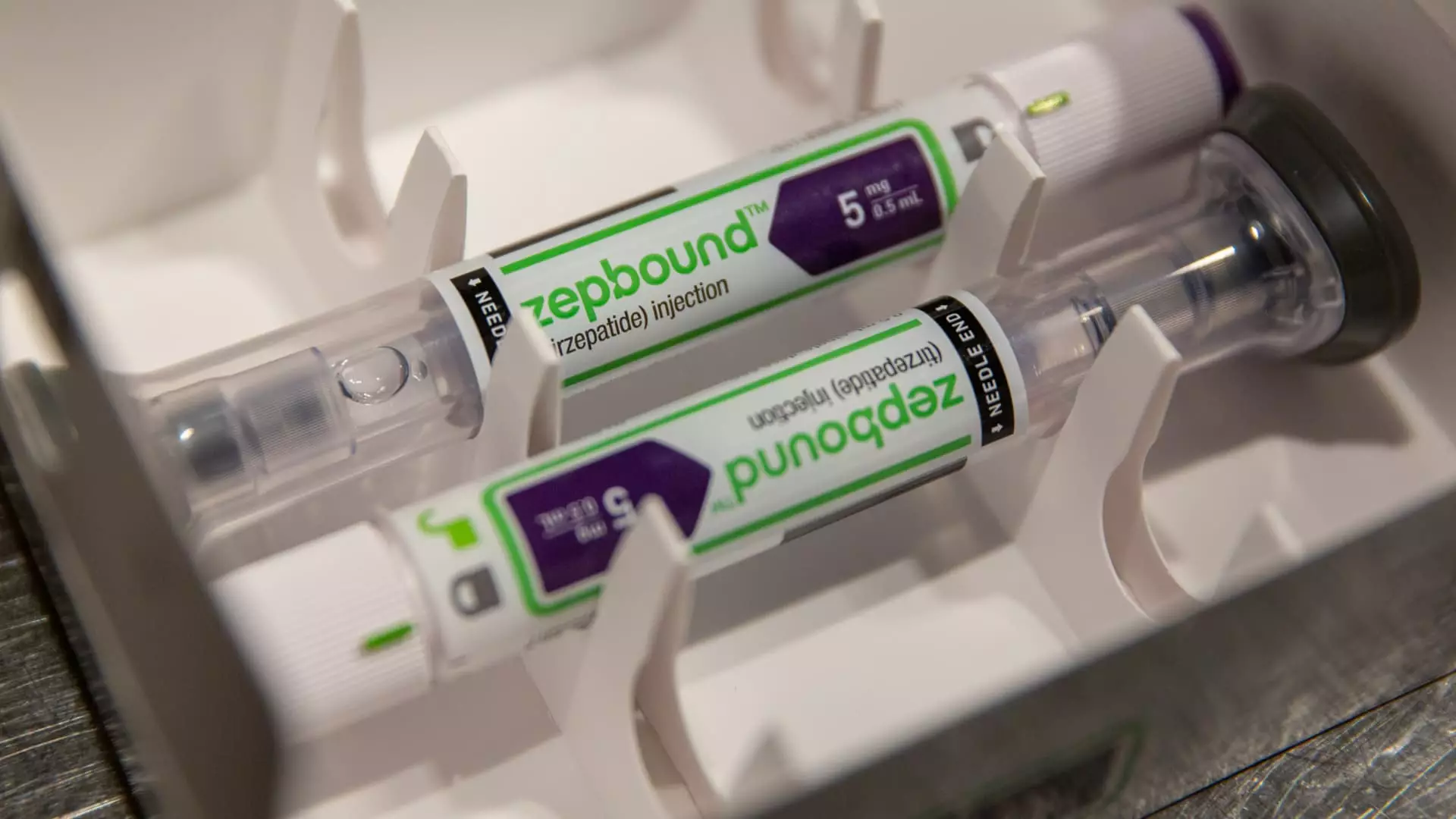Eli Lilly’s weight loss drug Zepbound has shown promising benefits for patients with heart failure and obesity. The late-stage trial data released by the company highlights the positive impact of Zepbound on patients with heart failure with preserved ejection fraction (HFpEF) and obesity. The findings suggest that Zepbound, along with other GLP-1 drugs, may have health benefits beyond just weight loss and regulating blood sugar. This could potentially lead to broader insurance coverage for such treatments.
Key Findings from the Trial
In the phase three trial, patients who took Zepbound were 38% less likely to be hospitalized or die due to heart complications compared to those who received a placebo. Additionally, they were less likely to need to increase their heart failure medication. The study also found that Zepbound significantly improved heart failure symptoms and physical limitations in patients with HFpEF and obesity.
HFpEF is a condition where the heart is unable to pump enough blood to meet the body’s needs. It is associated with a high burden of symptoms and physical limitations that affect a patient’s daily life, including fatigue, shortness of breath, and a lower ability to exercise. With roughly 6.7 million adults in the U.S. suffering from heart failure, and HFpEF accounting for nearly half of all cases, the benefits of Zepbound could have a significant impact on patient outcomes.
The safety data on Zepbound was consistent with previous trials, with the most common side effects being gastrointestinal, such as nausea and diarrhea. These side effects were mild to moderate in severity. Eli Lilly plans to present the data at a medical meeting and submit it to a peer-reviewed journal for further evaluation.
Eli Lilly’s main rival in the GLP-1 market, Novo Nordisk, has also been making advancements with its weight loss drug Wegovy in treating patients with HFpEF. The Food and Drug Administration recently approved Wegovy for reducing the risk of serious heart complications. Both companies have been studying their respective drugs in patients with chronic kidney disease and fatty liver disease, among other conditions.
GLP-1 drugs work by mimicking hormones produced in the gut to suppress appetite and regulate blood sugar. Zepbound targets both the GLP-1 and GIP hormone receptors, while Wegovy targets only the GLP-1 receptor. This dual targeting mechanism could offer unique benefits for patients with heart failure and obesity.
Eli Lilly’s Zepbound has shown promising benefits for patients with heart failure and obesity. The findings from the late-stage trial suggest that Zepbound could improve outcomes for patients with HFpEF, a condition that affects millions of adults in the U.S. With further research and evaluation, Zepbound could become a valuable treatment option for patients with heart failure and obesity.


Leave a Reply